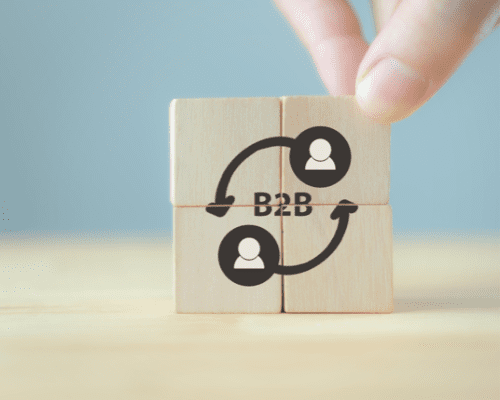Application development and delivery (AD&D) professionals must choose between three types of CRM systems: horizontal, lightweight vertical and deeply vertical.
CRM solutions are an essential component of customer service, from a client’s first interaction with an organisation to their journey’s final point. The information and insight provided by CRM tools empowers employees to offer outstanding customer experience, developing lasting relationships and ensuring brand loyalty.
According to a 2018 Forrester software survey, “nearly three-quarters of global software decision makers report that their organisations use CRM.” However, making sure these systems are fit for purpose is equally as important as their use itself. Application development and delivery (AD&D) professionals must choose between three types of CRM systems: horizontal, lightweight vertical and deeply vertical.
The three types of CRM processes
There are significant differences between the three types of CRM processes, which have to adapt to the unique customers, customer mechanisms and technological requirements of each business.
However, there is much variation between each type’s capacity to adapt.
Many organisations are now moving away from horizontal solutions and towards verticals, as industries move to prioritising more specific knowledge. These approaches empower companies to implement their own best practices and aim to advance their own speciality, rather than relying on a general overview of the customer. And as with any technology, all three systems have their own merits and drawbacks.
Horizontal CRM solutions are the most versatile, as they offer capabilities that can apply to all industries. They can also be customised since businesses can integrate them with other applications in order to meet specific business requirements. There is a small challenge with horizontal CRM solutions, that is that they’re not always industry specific.
On the other hand, more lightweight, vertical CRM solutions offer core, uniform process flows that are standardised and industry specific. There is some degree of customisation, however, as these solutions provide templates so that industries have some flexibility and variation.
Deeply vertical CRM solutions provide end-to-end, domain-specific processes, meaning that they are very industry specific. This generates higher adoption rates, but the scripted industry processes mean that the software can be oververticalised and there is little room for customisation.
The upcoming relevance of vertical CRM
The current significance of industry specificity will continue for the next three years, and this means that vertical CRM solutions will be preferred by the majority of organisations. In addition, these processes grant companies quicker time-to-value, better analytics and key performance indicators, as well as more effective user adoption and success. Therefore, businesses can concentrate their efforts on gaining an edge over their competitors and developing successful customer-service capabilities in every scenario.
However, organisations must note that, whilst functional completeness helps obtain value from technology, the real verticalisation of a digital platform comes through a deep understanding of the business operational processes and its optimisation by the implementation teams.
Vertical CRM solutions, in terms of technology and know-how are advantageous to a large variety of industries, including finance and insurance, healthcare, nonprofits, high-tech manufacturing, media and retail. When selecting vendors, companies in these sectors have to consider multiple factors, such as background, size, focuses and abilities. However, the most important aspect is the depth of the domain expertise by the implementation team. This is what differentiates vertical CRM from horizontal solutions, and this can both limit growth and dictate the success of organisational CRM.
At redk, we are a CRM digital consultancy firm with over 15 years’ experience. Our expertise in CRM solutions has granted us the cross-vertical knowledge to achieve and surpass your business goals. We have established many successful CRM processes with leading companies across the world. With i-surance, we focused on four verticals to ensure their customer service exceeded all expectations – and thanks to redk’s work, the business now has a seamless, coordinated and connected approach to customer interaction.
Partnering with the most prominent and fluid CRM platforms such as SugarCRM, Zendesk and Salesforce, we at redk are the best solution for your organisation’s needs. Get in touch today!
Sources
https://www.forrester.com/report/crm
https://www.forrester.com/software-survey










